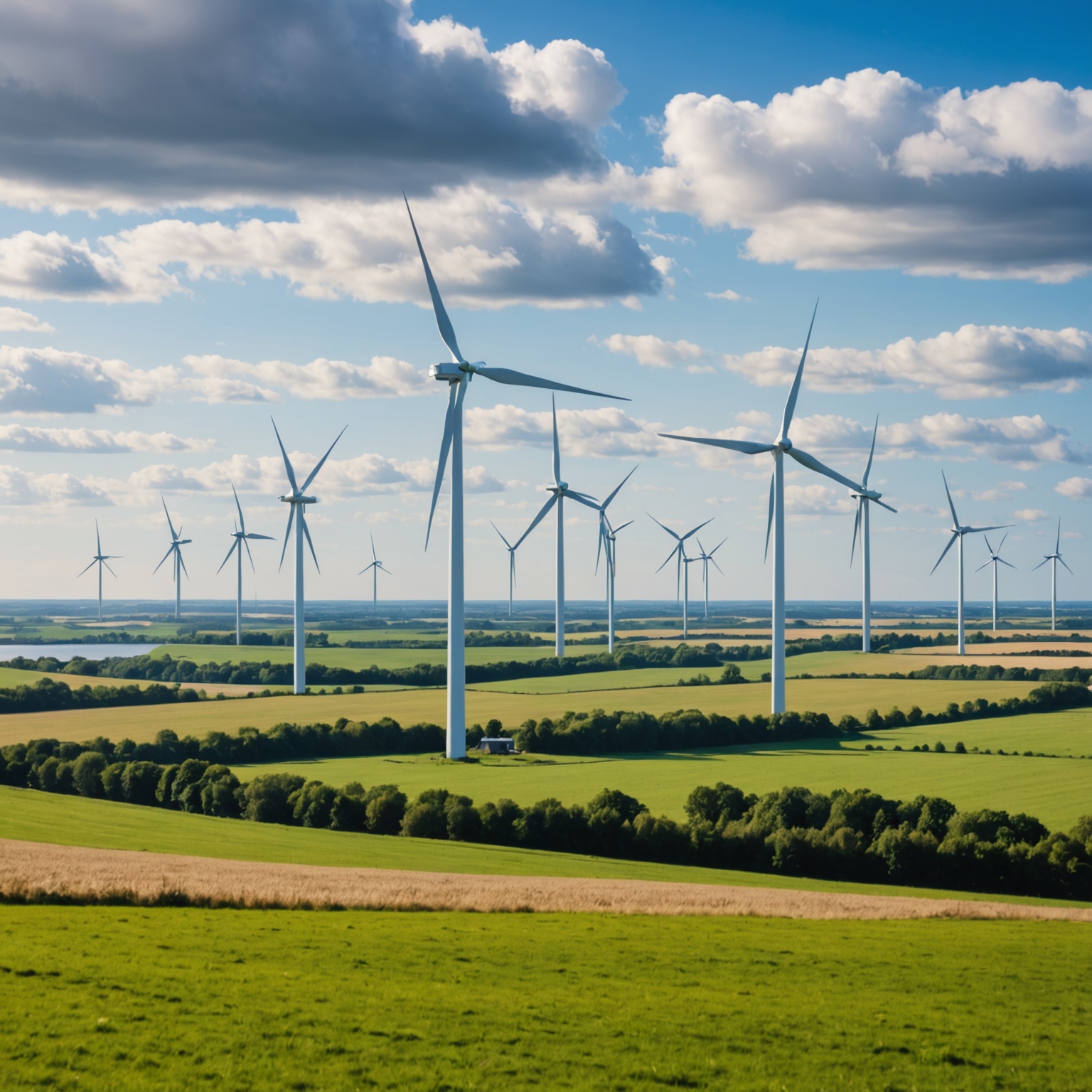Global Surge in Renewable Energy Initiatives Amidst Climate Crisis

Global Surge in Renewable Energy Initiatives Amidst Climate Crisis
The escalating effects of global warming have prompted an urgent shift towards renewable energy sources. This transformative journey is not just about adopting new technologies but about fostering a sustainable future for all. In this article, we explore how various countries and corporations are championing the renewable energy cause, advancing technology, and setting ambitious goals to combat the climate crisis.
Understanding the Renewable Energy Landscape
Rising temperatures and extreme weather conditions have made it imperative for nations to rethink their energy strategies. Renewable energy, derived from natural processes that are constantly replenished, stands at the forefront of this shift. Wind, solar, hydro, and geothermal power are key players in this arena, offering cleaner alternatives to fossil fuels.
Recent advancements in technology have significantly reduced the cost of renewable energy production, making it more accessible and economically viable. Governments worldwide are now incentivizing the shift with subsidies, tax rebates, and supportive policies.
Furthermore, international collaborations and agreements play a crucial role in accelerating the adoption of renewable technologies. The collective action is geared towards achieving the targets set by global accords such as the Paris Agreement.
Case Studies: Global Leaders in Renewable Energy
Countries like Denmark and Germany have been pioneers in the renewable energy sector, investing heavily in wind and solar power. Denmark's wind farms, for instance, contribute significantly to its energy mix, while Germany continues to lead in solar technology deployment.
Emerging economies are also making substantial strides. India, for example, has set ambitious targets for solar power, aiming to establish itself as a leader in renewable energy technology.
These examples not only demonstrate the feasibility of transitioning to renewable energy but also highlight the economic benefits associated with such a shift.

Impact on Economy and Job Creation
The shift towards renewable energy is not only environmentally critical but also economically beneficial. The renewable sector has proven to be a significant job creator, fostering new industries and opportunities worldwide.
From manufacturing solar panels to constructing wind farms, the renewable energy sector requires a wide range of skills, creating millions of jobs globally. Moreover, the industry's growth promotes economic stability and diversification, particularly in regions transitioning from traditional industries.
Innovations Driving the Renewable Energy Sector
Technological innovations continue to propel the renewable energy sector forward. Breakthroughs in battery storage technology, for example, are solving intermittent issues associated with wind and solar energy. Enhanced grid integration technologies are also making it easier to distribute renewable energy more efficiently.
Additionally, the rise of smart grids and AI-driven energy management systems is optimizing energy use and reducing waste, further enhancing the sustainability of renewable resources.

Challenges and the Road Ahead
Despite the optimistic outlook, the transition to renewable energy faces several challenges, including infrastructure limitations, regulatory hurdles, and initial capital outlays. Addressing these issues requires sustained policy support and public-private partnerships.
As the world continues to face the dire consequences of climate change, the role of renewable energy becomes increasingly crucial. It is not just an alternative; it is the pathway to a sustainable and prosperous future.
With continuous innovation and collective effort, the global surge in renewable energy initiatives is set to reshape our world, promising a cleaner, greener, and more sustainable tomorrow.







